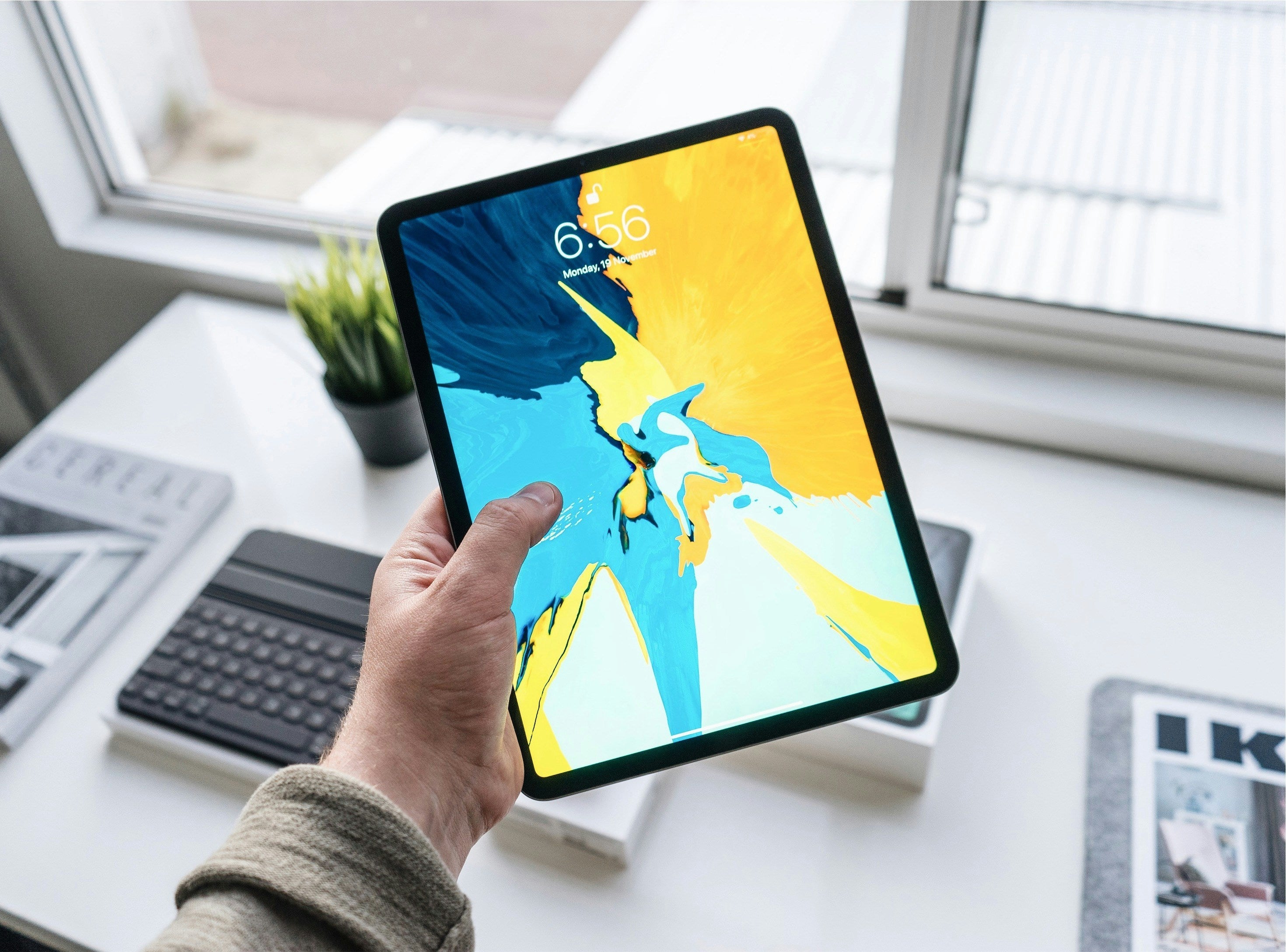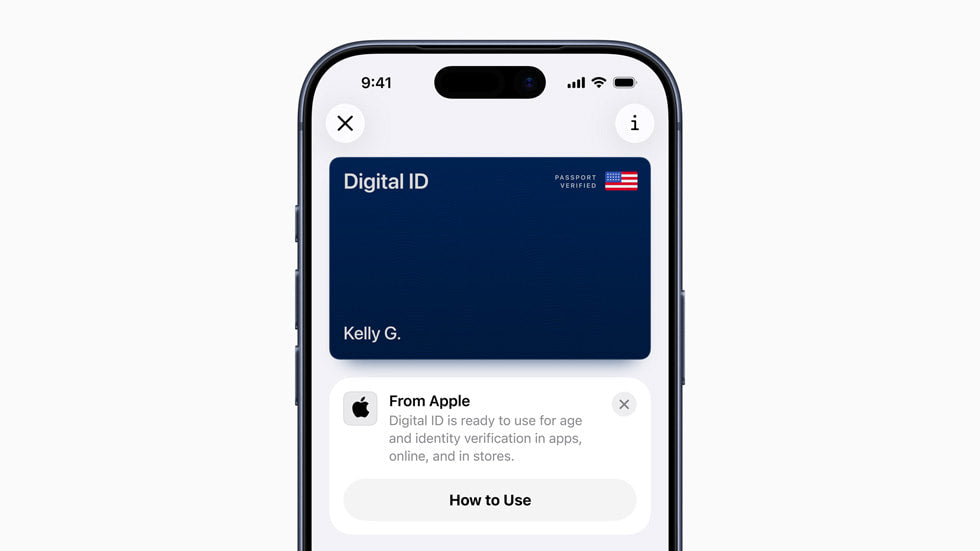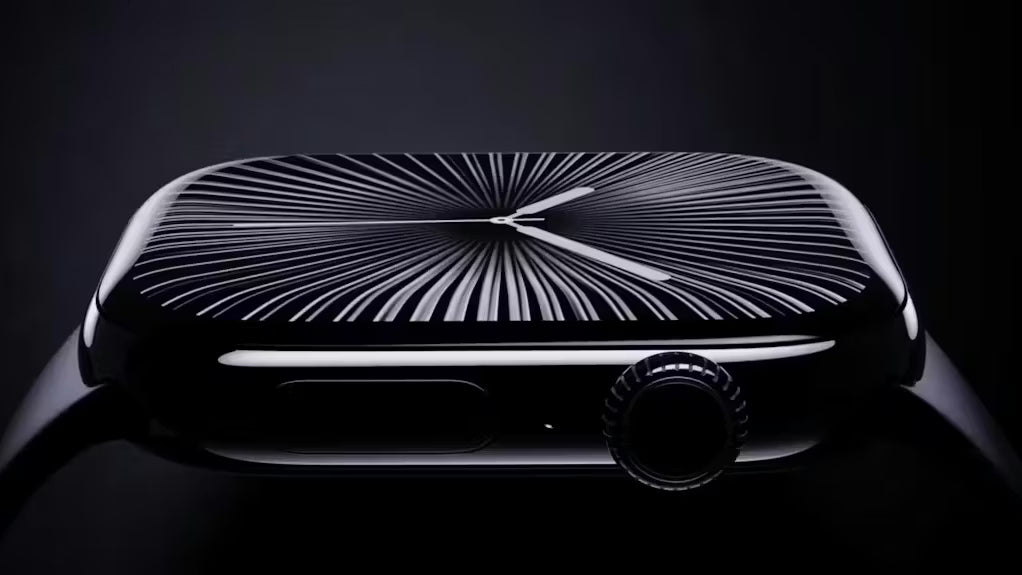In the heart of Silicon Valley sits an unassuming suburban home with a garage that would forever change the course of technology history. This is where Apple Computer Company – now one of the world's most valuable corporations – took its first breath in 1976. The story of Apple's humble beginnings is not just a tale of technological innovation, but one of vision, partnership, and perseverance that continues to inspire entrepreneurs worldwide.
The Three Founders: An Unlikely Trio
The Apple origin story centers around three distinctly different individuals:
- Steve Jobs – The visionary and marketing genius with an eye for design and consumer desire
- Steve Wozniak (Woz) – The technical wizard whose engineering brilliance made the impossible possible
- Ronald Wayne – The cautious businessman who provided administrative support and documentation
Their partnership began when Jobs and Wozniak met through a mutual friend in 1971. Jobs, just 16 at the time, was immediately impressed by 21-year-old Wozniak's technical prowess. Their friendship blossomed over shared interests in electronics and pranks, laying the groundwork for what would become one of the most significant business partnerships in history.
The Spark That Ignited a Revolution
The journey toward Apple's creation accelerated when Wozniak attended meetings of the Homebrew Computer Club in 1975. This gathering of computer enthusiasts and hobbyists exposed him to the Altair 8800, one of the first personal computer kits. Inspired, Wozniak began designing his own computer – what would eventually become the Apple I.
Jobs, recognizing the commercial potential of Wozniak's creation, suggested they start a company. To complete their founding team, they brought in Ronald Wayne, Jobs' colleague from Atari, who drew up the company's first logo and wrote the partnership agreement.
"We were very lucky – we grew up in a generation where electronics became a hobby." - Steve Wozniak
The Legendary Garage
On April 1, 1976, Apple Computer Company was officially formed. With no office space and limited resources, the trio turned to the garage of Jobs' childhood home on Crist Drive in Los Altos, California. This garage – now a designated historic site – became the birthplace of their first product.
The setting was far from glamorous:
- A small, cluttered space barely large enough for a workbench
- Basic tools and equipment
- Jobs' bedroom and the kitchen table served as additional workspaces
It was in this humble environment that Wozniak hand-built the first Apple I computers while Jobs focused on securing components and finding buyers.
The Apple I: A Modest Beginning
The Apple I was revolutionary in concept but modest in appearance. Unlike other hobbyist computers of the time, it came with a pre-assembled motherboard – though users still needed to add a case, power supply, keyboard, and display.
Key facts about the Apple I:
- Priced at $666.66 (Wozniak liked repeating digits)
- Featured a MOS 6502 microprocessor running at 1 MHz
- Included 4KB of memory (expandable to 8KB)
- Approximately 200 units were produced
Their first major sale came when Paul Terrell, owner of the Byte Shop, ordered 50 computers for $500 each – but only if they came fully assembled. This crucial order forced the young company to establish a proper manufacturing process and secure financing for parts.
Early Challenges and Wayne's Departure
The early days weren't without challenges. Just 12 days after Apple's formation, Ronald Wayne made a decision he would later call "the best and worst" of his life – he sold his 10% stake in the company for $800 (plus an additional $1,500 later to forfeit any claims). His stake would be worth over $200 billion today.
Wayne's departure stemmed from concerns about potential personal liability for the company's debts, as well as his own previous business failures. This left Jobs and Wozniak as the sole owners of Apple Computer.
Beyond the Garage: The Path to Success
By 1977, Apple had outgrown the garage. With funding from investor Mike Markkula, who contributed $250,000 and business expertise, the company moved to proper facilities in Cupertino. That same year, they introduced the Apple II – a fully assembled personal computer with color graphics that would truly revolutionize the market.
The Apple II's success transformed the company:
- Sales grew from $775,000 in 1977 to $118 million by 1980
- The workforce expanded from the original founders to thousands of employees
- Apple became a publicly traded company in December 1980, creating instant millionaires
The Garage Legacy
Today, the "garage startup" has become a powerful symbol in Silicon Valley mythology – representing innovation born from passion rather than corporate resources. Apple's garage origins have inspired countless entrepreneurs to pursue their own visions despite humble beginnings.
What made Apple's garage days special wasn't just the location, but the complementary talents of its founders:
- Jobs' understanding of what consumers would want before they knew it themselves
- Wozniak's unparalleled engineering creativity and problem-solving abilities
- A shared belief that computers could and should be accessible to everyone
"The people who are crazy enough to think they can change the world are the ones who do." - Apple's "Think Different" campaign
Conclusion: From Garage to Global Icon
The transformation of Apple from a garage operation to a trillion-dollar company that has fundamentally changed how we communicate, work, and live is nothing short of extraordinary. The journey that began with two friends assembling circuit boards has resulted in products that have defined generations – the Macintosh, iPod, iPhone, and iPad.
The garage on Crist Drive reminds us that behind every technological revolution are human stories – of friendship, risk-taking, vision, and determination. Apple's founding teaches us that world-changing innovation can come from anywhere, even the most ordinary of places.
As we use our iPhones and MacBooks today, it's worth remembering that these sophisticated devices trace their lineage back to a cluttered garage where two young men dared to imagine different.
What garage startup story inspires you the most? Share your thoughts in the comments below!




Share:
Apple’s Privacy Stance: Marketing or Meaningful?
Compelling reasons to wait for the iPhone 17